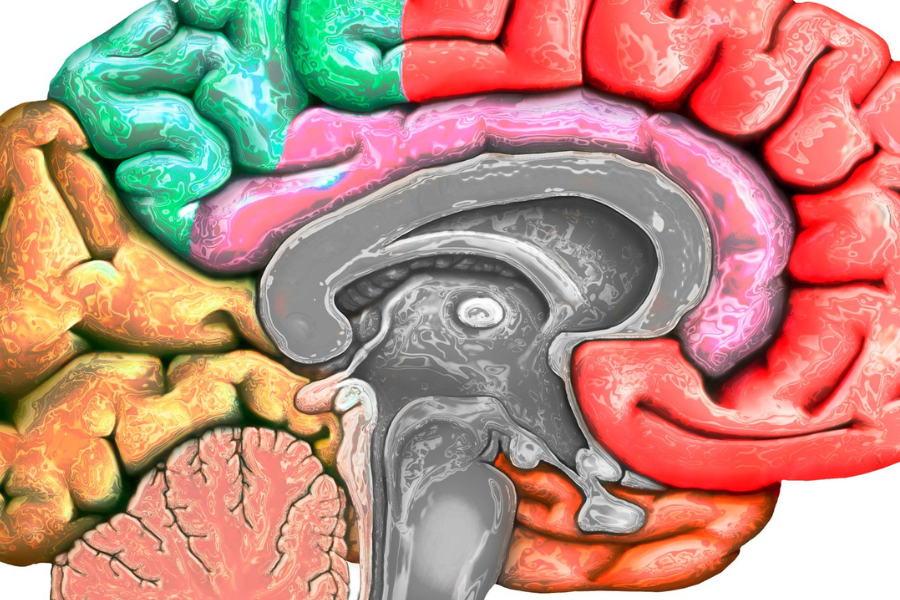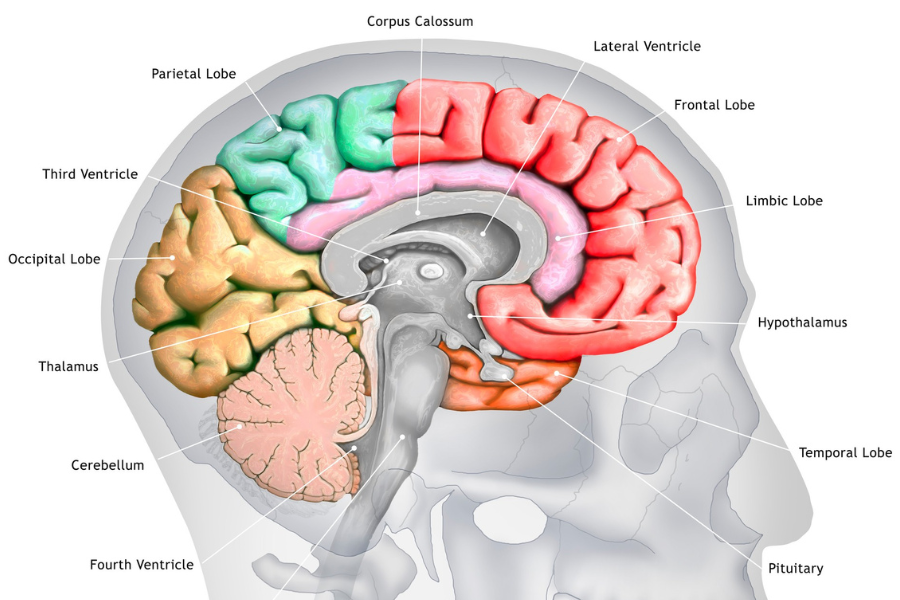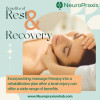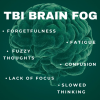TBI and Depression
Depression is a mental health disorder that negatively affects your feelings, thoughts, and behaviors. It is characterized by persistent feelings or moods of sadness and loss of interest that can interfere with daily functioning. Symptoms of depression may include: Feeling sad, hopeless, or depressed Loss of interest or pleasure in usual activities Changes in appetite […]
TBI and Depression Read More »
